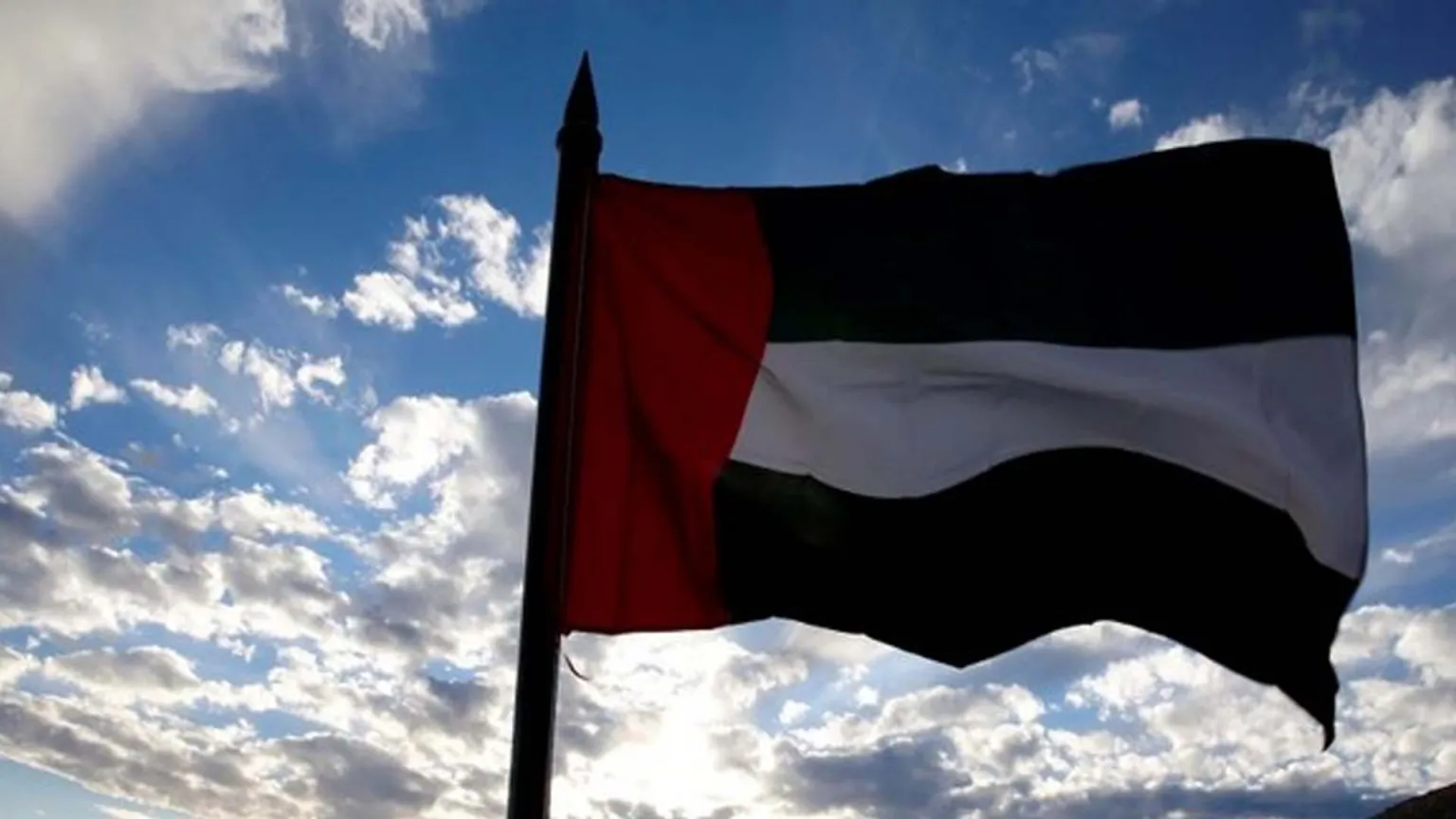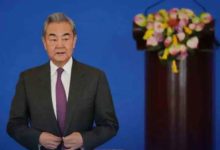Sharjah: Sharjah International Conservation Forum discusses marine strandings, genetic environmental impacts

Sharjah: The 23rd edition of the Sharjah International Conservation Platform for Arab Biodiversity continued its insightful discussion on critical environmental issues, focusing on the impact of marine strandings and genetics on ecosystems.
Organized by the Environment and Protected Areas Authority (EPAA) in Sharjah, the event – which concludes today – brought together more than 215 environmental experts, researchers and specialists from across the world at Sharjah Safari. The session on the third day of the Forum explored the challenges faced by incidents of entanglement of marine creatures, especially sea snakes, in the Arabian Peninsula.
Led by experienced herpetologists and environmental researchers, the aim of the discussion was to promote the exchange of knowledge and generate innovative strategies for marine life conservation. The first session began with a broad introduction to the conservation of genetic diversity, followed by a paper presented by Helen Sen, which featured a report on regional activities dedicated to marine stranding cases. The report sought to build an accurate map of areas lacking coverage within the maritime response network, alongside the efforts of regional response teams.
The stranded network and various ways to strengthen it were also discussed in the session. In addition, Fadi Yaghmour spoke about the Sharjah Strandings Response Programme, while Dr Alice Marquis reviewed the experience of the SeaWorld Research and Rescue Centre. Natasya Mannina touched on the National Aquarium project, and Timea Krisztina Székely provided an overview of the projects at the Atlantis Aquarium.
Hind Al Marri highlighted marine stranding initiatives at the Environment Agency in Abu Dhabi, while Barbara Langlanton celebrated 20 years of sea turtle rehabilitation with her paper on “Conservation of the Marine Environment and its Tourism”. Additionally, Dr. Andrew Wilson presented findings from the Large Whale Entanglement Assessment and Response Project in the Arabian Sea. Arabian Peninsula on the agenda
It also highlighted the habitat, behavior and conservation of sea snakes and emphasized their important role in marine ecosystem stability.
Experts conducted workshops on post-mortem examination methods and first aid protocols for sea snake encounters, which increased participants’ understanding and preparedness in dealing with such scenarios. The second session included discussions and presentations focused on the importance of conserving genetic diversity for species and their role in maintaining the future of endangered ecosystems in the region. It was dedicated to exploring the latest advanced efforts and applications implemented in genetics for conservation, as highlighted by Target No. 4 of the Kunming-Montreal Global Biodiversity Framework.
The session began with a brief introduction on conservation of genetic diversity; The respected experts then highlighted the importance of genetic diversity as a fundamental pillar in the conservation of biodiversity in the broadest sense, and emphasized its role in ensuring the health and resilience of ecosystems.
The session also included several papers on an in-depth exploration of genetic performance cards, an assessment tool presented by experts and designed to help monitor genetic diversity. These cards can provide a comprehensive assessment of the genetic health of species, thereby guiding conservation strategies, particularly with respect to identifying vulnerable groups and implementing breeding and reintroduction programs.
















